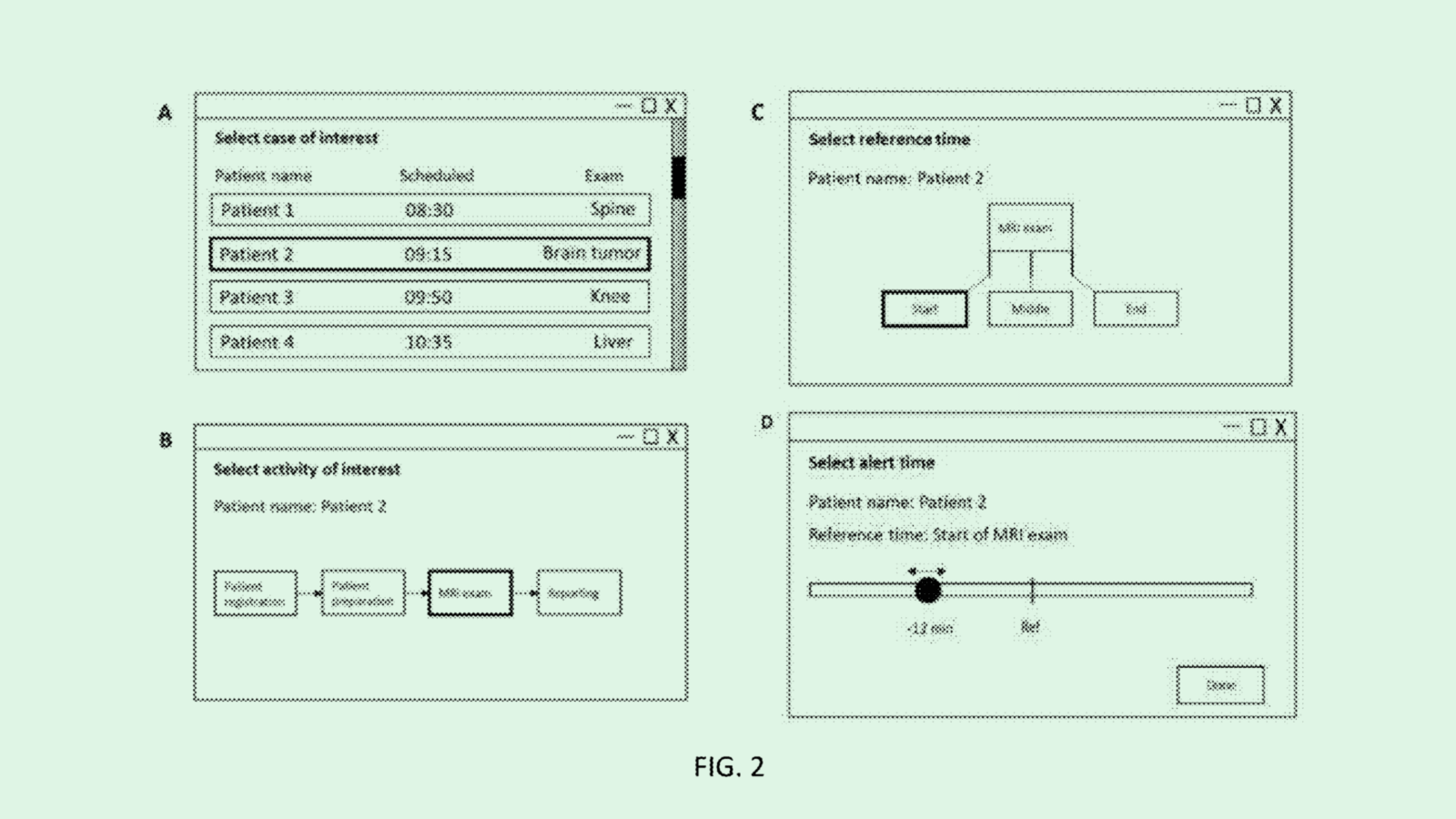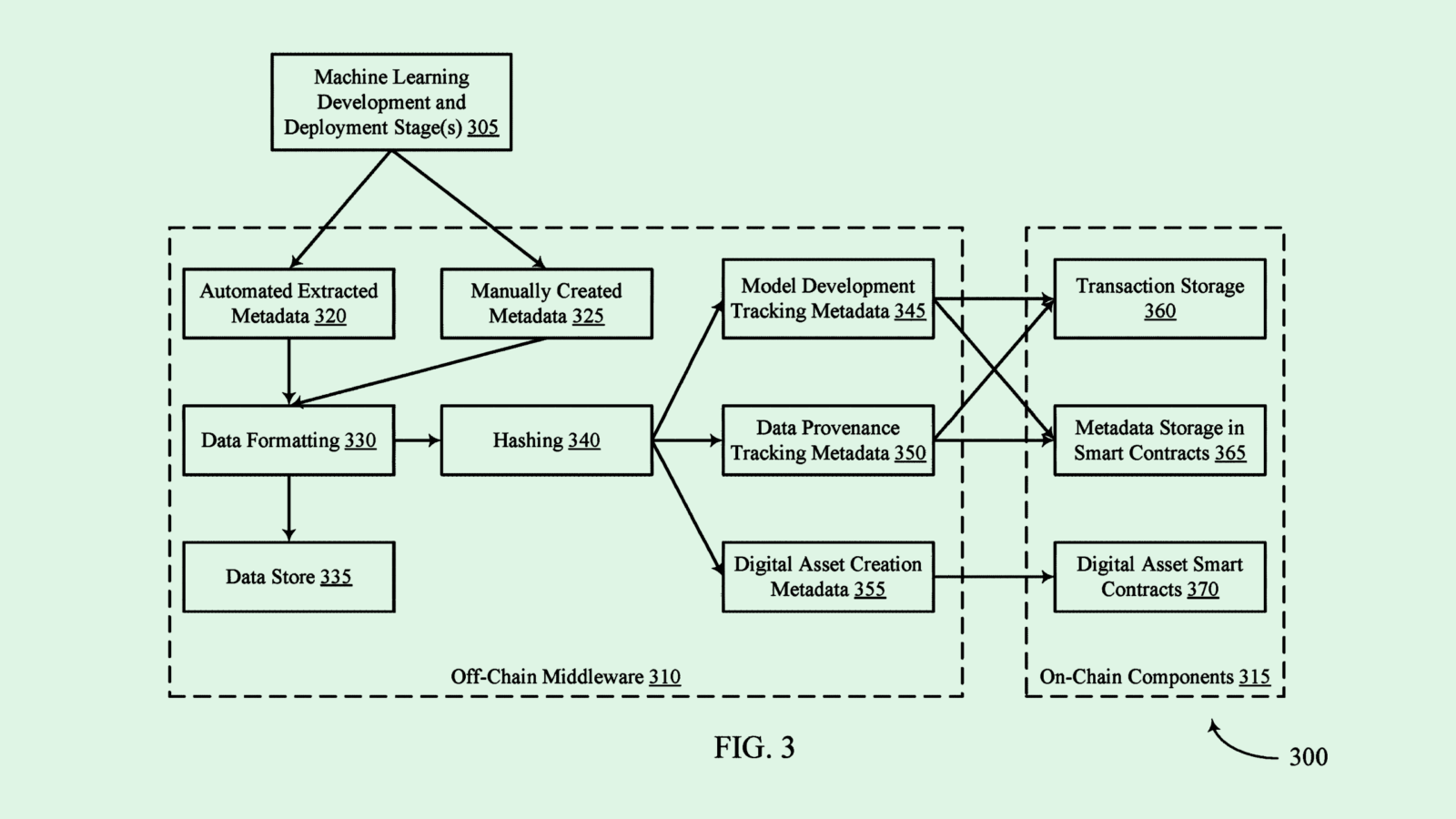How Tariffs Could Hurt Your IT Budget
With less spending power on the horizon, it’s time to get your IT priorities straight.

Sign up to get cutting-edge insights and deep dives into innovation and technology trends impacting CIOs and IT leaders.
IT departments may need to brace themselves for tariffs.
The Trump administration’s 25% levies on goods from Canada and Mexico and additional 10% duties on China may have sizable impacts on U.S. enterprise IT firms, curbing direct revenue and profitability, and sending hardware and software costs skyrocketing, said Manish Jain, principal research director at Info-Tech Research Group.
While some tariffs on Canada and Mexico have been delayed until next month, China has not received the same treatment. Tech firms “will be squeezed” because much of the industry’s supply chain originates from China, said Jain. The world’s second-largest economy accounts for nearly 80% of laptop imports into the U.S., according to Info-Tech. “China is not only part of the supply chain, it’s the start of the supply chain,” said Jain.
“Investments are going down across impacted businesses. When there’s a revenue uncertainty, they don’t want to have any project which is discretionary in nature,” said Jain. “The first thing that is going to be impacted is that CIOs will be asked to cut their budgets.”
In order to cope with the new landscape, businesses will need to get their priorities straight, said Jain.
- Enterprises should identify which parts of their IT budget are business-critical and where they can improve operational efficiency. Figuring this out requires understanding the real value that comes from every IT investment.
- When assessing your IT budget, options like deferring purchases or renegotiating contracts could help soften the blow, he said. With software and service providers, “CIOs may have to be ready to give them longer-term commitments to reduce the chances of price increases,” said Jain.
In some cases, enterprises may take the opportunity to leverage AI for efficiency, he said. But that could be a double-edged sword: AI might address certain resource or talent gaps, but given its cost, it’s not a solution for everyone and should be reserved for the most impactful use cases.
“No conversation about tech goes without AI now, but AI also requires investments,” said Jain. “It’s a dichotomy, essentially, where businesses want to grow, but in these times, they are not able to spend money on that growth.”
The most important thing for IT firms to remember is to stay flexible, especially in a constantly moving market, said Jain. “Things are going to be uncertain .. frameworks and strategy should be adaptable.”











